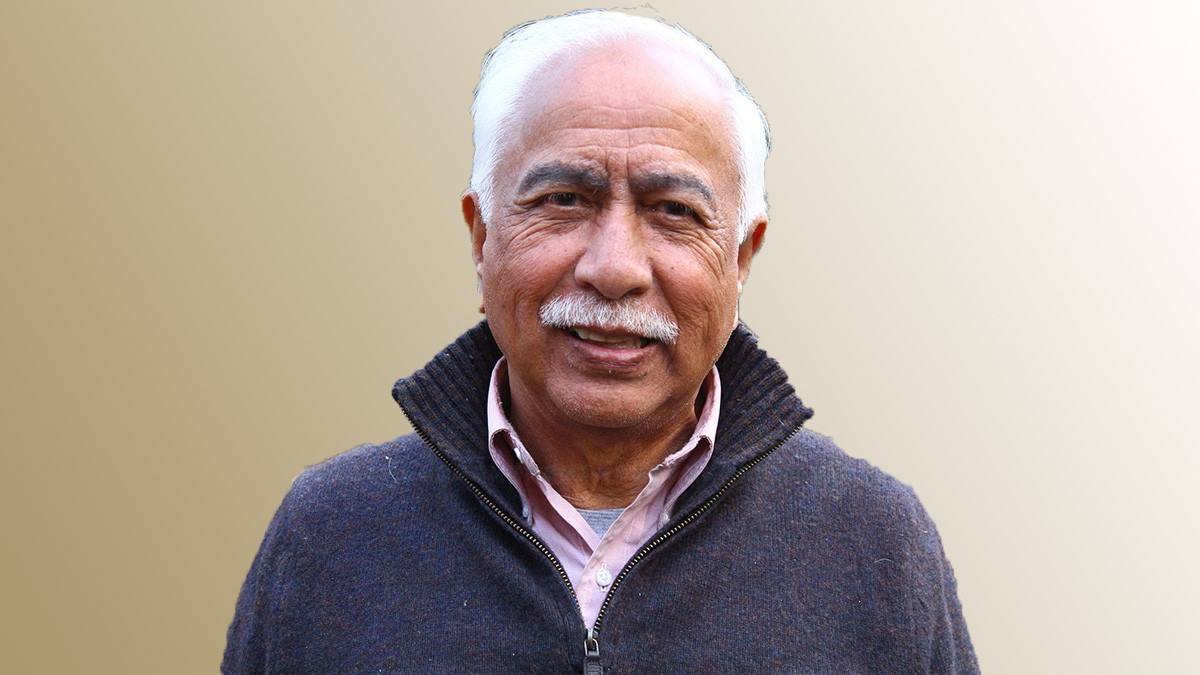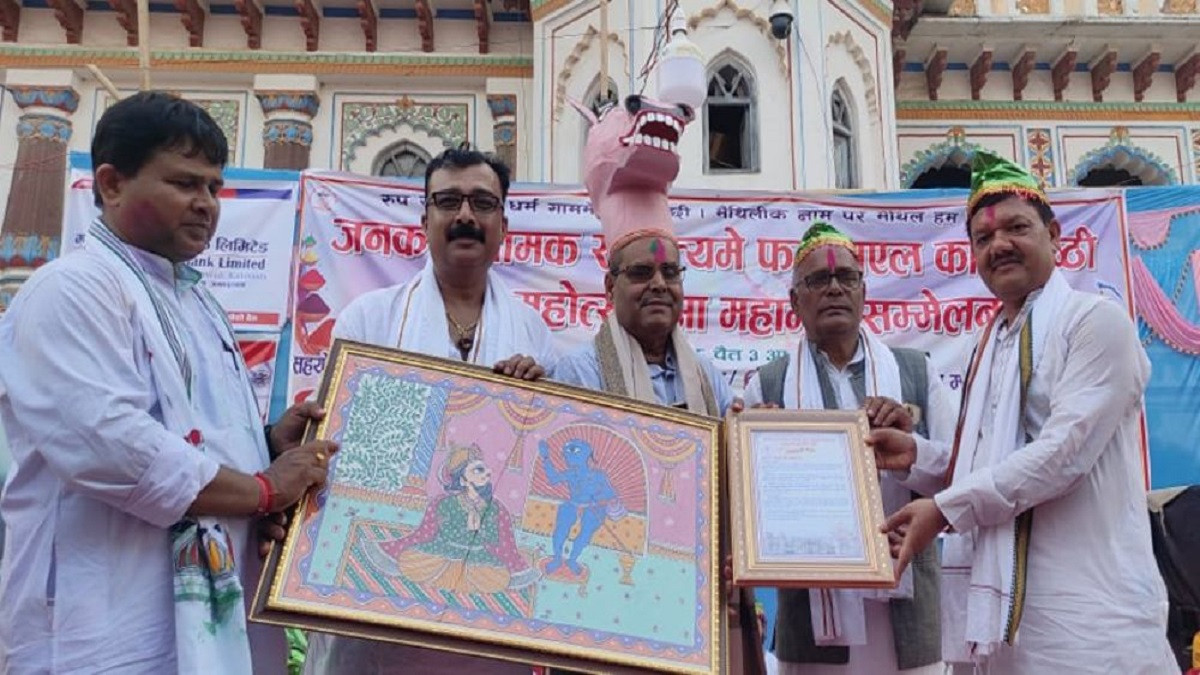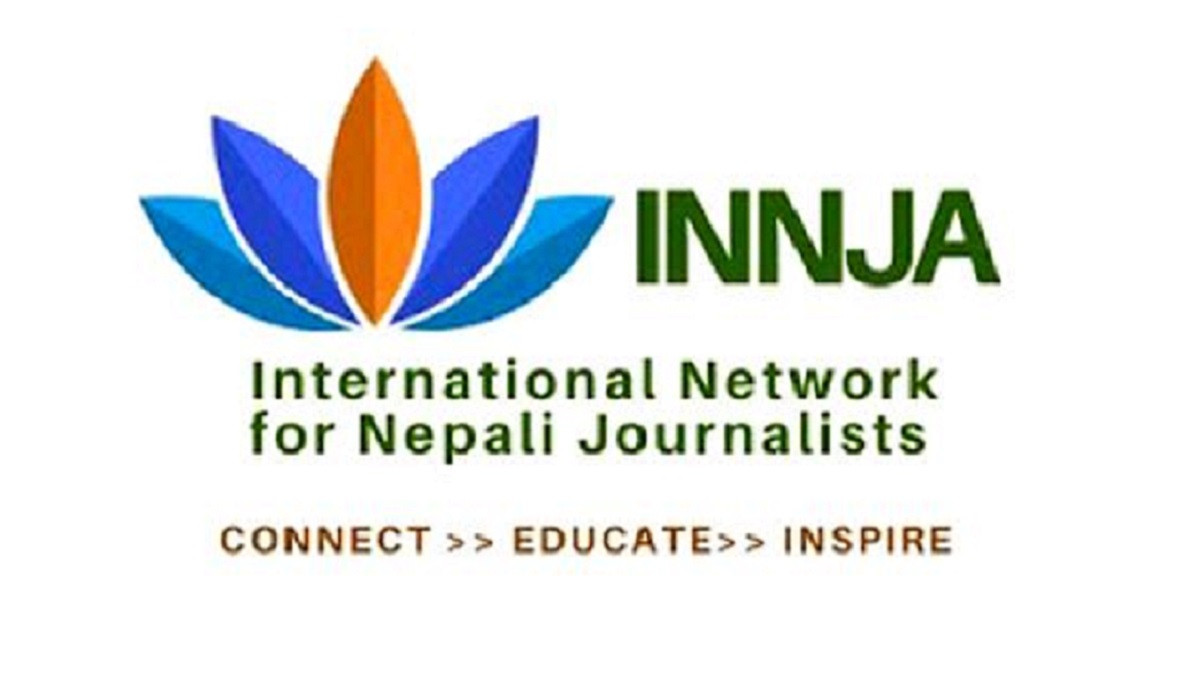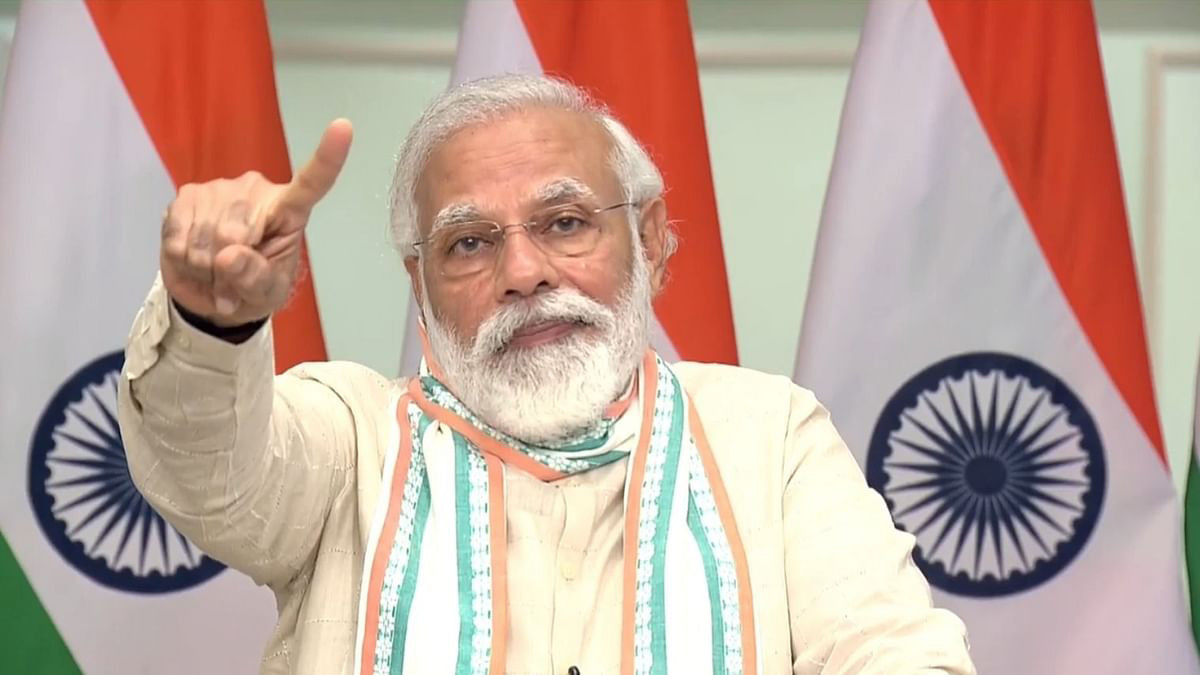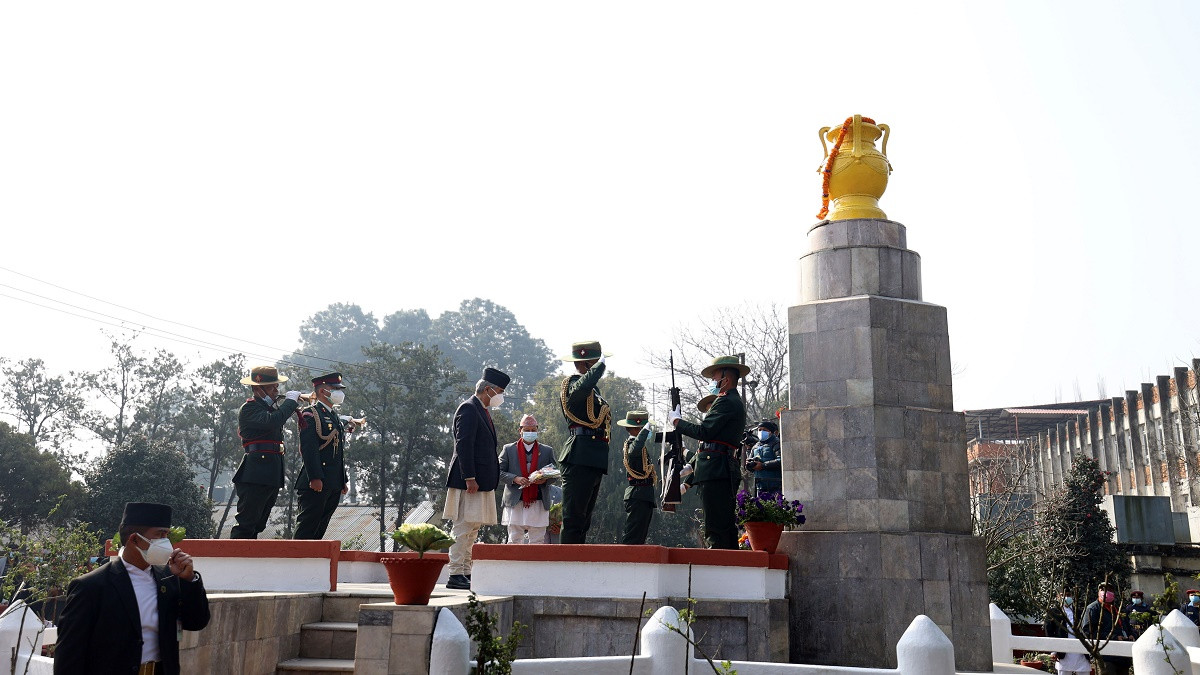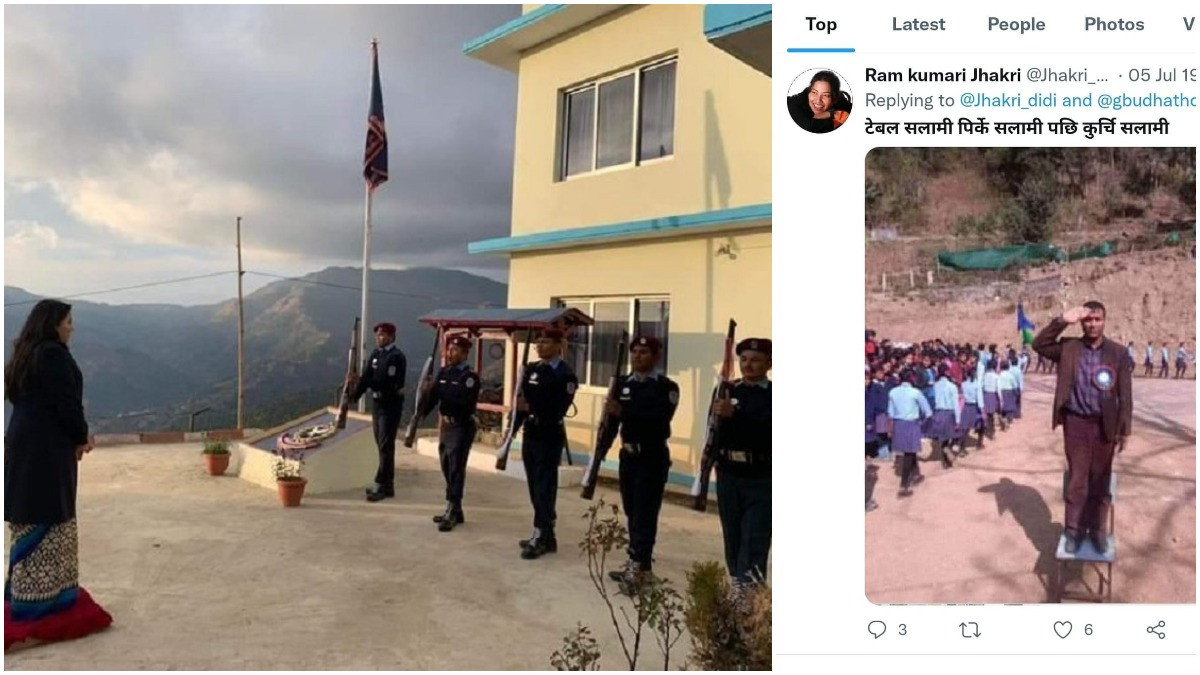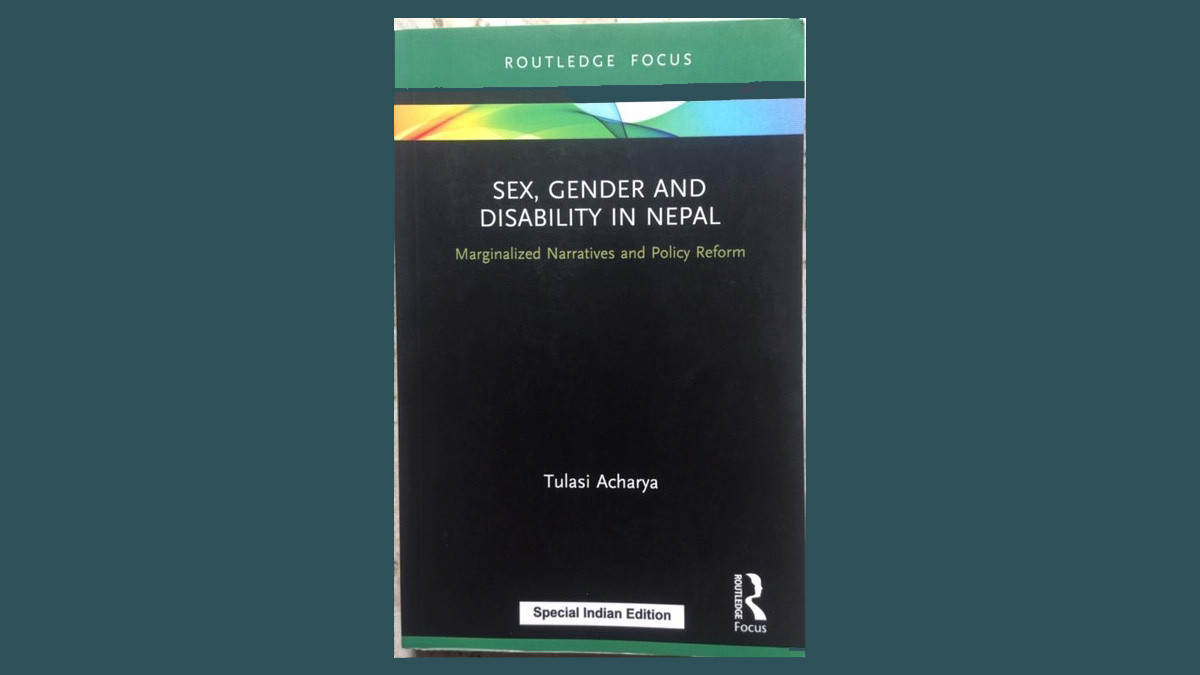 Book Front Cover
Book Front Cover
We are a gendered society. Inequality in practice and equality in preaching is our unavoidable dichotomy. Male-female, man-woman, son-daughter are not only binary concepts but strong reminders of entrenched hierarchy in Nepali society.
The hierarchy in the patriarchal society is evident- man is superior to woman. Although such unequal treatment of men and women is an age-old social ill, meaningful changes to this are still elusive. It is worrying indeed. Incremental changes are witnessed; numerous rights are provided by the constitution too, but the changes to shake the roots that extirpate gender discrimination are awaited.
Similarly, another problem plaguing Nepali society is unjust treatment to disabled people. The knowledge, skills and awareness of the disabled people are ignored and unheard, thereby perpetuating the wrong stereotypes that disabled are inferior; they are a burden. The disabled ones are double victimized with such unfair practice. The so-called able ones are dominating the debate and discourses on disability which result in sheer shortsightedness to address the emotional aspiration of the disabled people in Nepal. Women, already in subordination and subjugation in the gendered society, then suffering disability as well! Sympathy runs high but respect and rights lack.
The disability and subsequent suffering the woman have faced in Nepali society are well studied and researched in the book, 'Sex, Gender and Disability in Nepal: Marginalized Narratives and Policy Reform' penned by Tulasi Acharya. Women living with disability are double marginalized. What are the pangs and throes they have? What're the regret, concern and protest to the society they are living in? Why are policies still biased and failed to address emotional and psychological aspirations of disabled women? In order to make it clear, author Acharya has researched well on five cases- five women writers, who are disabled. The stories, novels and other writings by five Nepali women literary figures are examined thoroughly, adopting the critical sexual theory and postcolonial studies. The women living with disability are colonized and so-called able or the men are colonizers. Their bodies, thoughts, behaviour, relations are limited, curtailed, dampened and determined by the male fellows. Writer Acharya finds the colonized and colonizer relations here. Similarly, the concept of Edward Said's Orientalism, Faucault's power and medical gaze are well observed in the study.
The writings by women literati Radhika Dahal, Jhamak Ghimire, Sabitra Karki, Parijat and Mina Sahi are scrutinized from the lens of critical sexual and postcolonial approaches. Dahal is from Sindhuli, who became paraplegic in the young age after falling off a swing that broke her backbone. Similarly, Ghimire, born in Dhankuta, suffers from cerebral palsy and does not have control of her arms or her speech and does not have free bodily movement. When she was two year old, Karki lost her eyesight and suffered from poverty. Parijat (Bishnu Kumari Waiba) was born in Darjeeling in a Lama family. Similarly, Sahi was born blind in remote Dailekh district.
Disability and consequent frustration, chagrin and paucity along with deprivation of basic freedoms is common malaise that afflicted these writers. The expression of agony, objection to male ones, and cry for freedoms are manifested in their writings. The society guided by male chauvinism has rendered them disabled, that means- they are weak, asexual, imperfect, fragile, and disqualified to enjoy love, affection, warmth, sex, education, respect, movement, fruition that the able ones enjoy and usurp. Are physically different persons mere objects to gaze and ditch? Who cares for their psychological needs? Don't they deserve to think and have sex, marriage and motherhood? If yes, where does lacuna lie? Is simply rehabilitation and education enough for them to live normal dignified lives? These are dogging questions raised by these women authors who were/are forced to live lives in abject misery and discrimination.
Sex is natural and unavoidable. Marriage and motherhood are equally significant aspects for any woman in Nepali society to realize bliss and fruition. But these are most neglected, belittled and disallowed phenomena for the women living with disability. The writings by the above five disabled women authors not only expose entrenched discrimination but also call for change in thoughts and behavirour. The book by Dahal is worth mentioning here. Researcher Acharya writes, 'In her book, 'Pareliko Sandh (On the Edge of Eyelashes), 2010, an anthology of Nepali Songs, Radhika Dahal explored the love of her life, adolescence, the passion of love, and youthful life. These thoughts have seldom been explored in conversations with disabled women in a society where sex is deemed taboo and their desires and erotic feelings are generally deemed invalid.' Here, Dahal debunked and destroyed the myth of asexuality of the disabled ones.
How the male ones create hierarchy, power, truth and control over women are further made clear in the works of Jhamak Ghimire. Author Acharya mentions, 'From a postcolonial theory perspective, Ghimire (2010) showed how her body is viewed, defined, and colonized from able-bodied viewers, or metaphorically speaking, colonizers. The reorientation of the disabled body of women has worsened their condition. Ghimire's narratives challenge how nondisabled people colonize women's bodies and control how the disabled should be viewed'. Researcher Acharya brings the concept of power and truth adding, 'Ghimire's body became a colonized territory, and object, through the medical gaze; a ground on which people make discourse and interpret and create their own truth' (Foucault,1994; Said,1997).
How harrowing it is to mention that disabled people are not considered human, or they are treated as objects. The poem, 'In the Arms of Death' by Parijat 'implicitly explains how her disabled body could be a barrier between her and other people because people ignored her as a person and focused on her disability.' The society focused more on disability than disabled people as a person. Moreover, the reluctance of treatment by doctors in hospitals is also expressed in the writing of Sabitri Karki. Author Acharya further reinforces the allusion of 'medical gaze', the concept by Faucault in the publication of Mina Sahi. He explains, 'Mina Sahi, in the poetry- Pidha Bhitraka Chhatpati (A Stressful Struggle in Sorrow) and Atita Ka Sushkeraharu (Whistles from the Past), was aware of her sexuality and growth and conscious of the stage when a Nepali woman is ready to be married, which is when she starts menstrual cycle. Her narratives explain how significant the monthly period of a woman is, as it opens an avenue for motherhood in women's life, which is almost neglected in the life of disabled women.'
Applying critical sexual theory and postcolonial theory, writer and researcher Acharya has meticulously evaluated the narratives of disabled women. He writes he defined three dominant themes, a) the medical gaze on disabled bodies; b) desire for love and marriage, and c) gendered and sexist culture.
Conclusively, the book is a riveting deconstruction of thoughts on disability. Observing the existing policies, the author points out the emotional dimension of the disabled women, which he stresses to be addressed. Undoubtedly, the author has presented a wonderful knowledge resource for gender studies and feminism. At a time when waves of feminism have emerged in Nepal of late, the book serves a perfect new dimension to reconsider our policy and legal provision on women, disability and people living with disability. Such texts are helpful to the policy makers and researchers to pay attention to such pressing issues of society. The book published by Routledge has been available in Nepali market with a Special Indian Edition. The book cost Rs 1,272 in the Nepal market.
Narayan Prasad Ghimire, RSS

